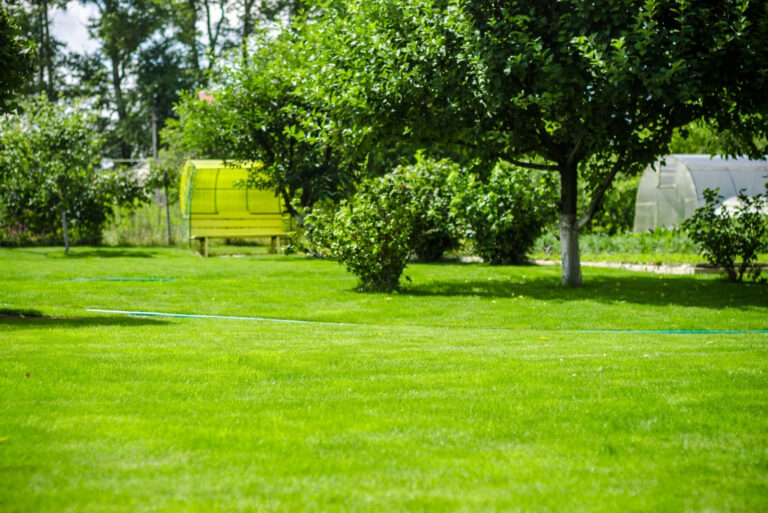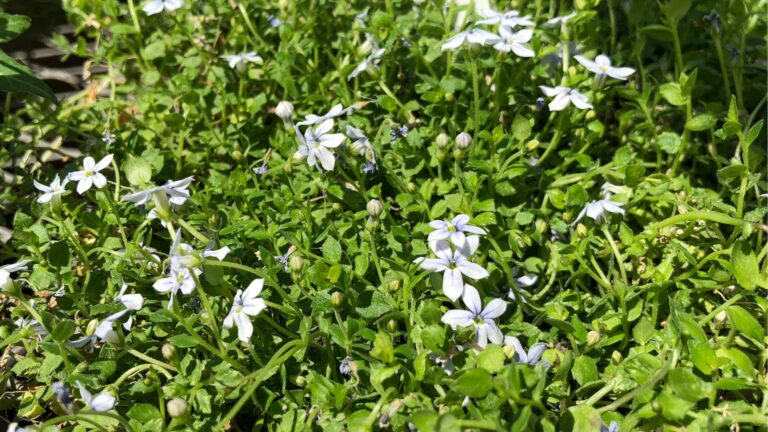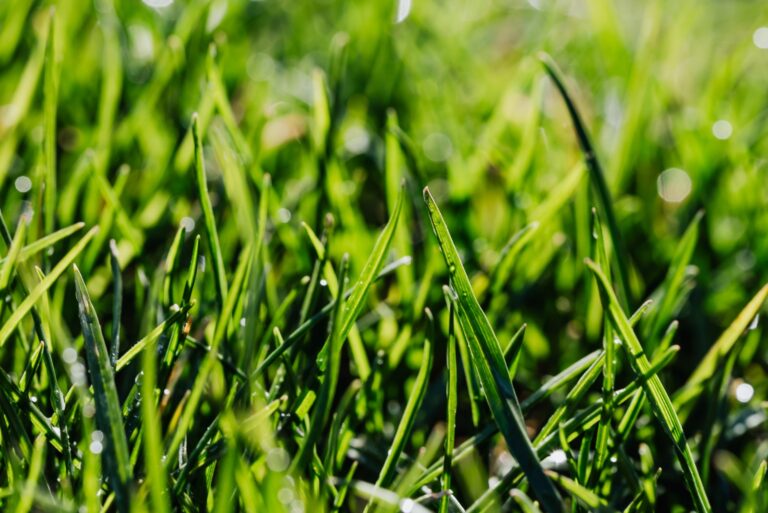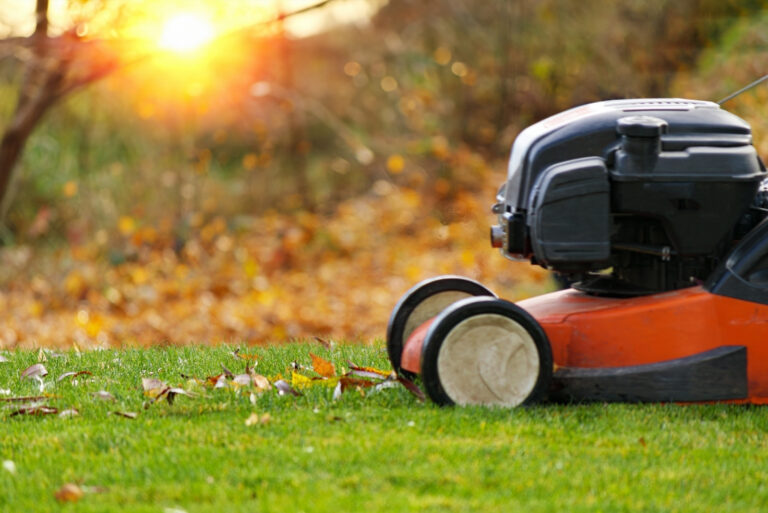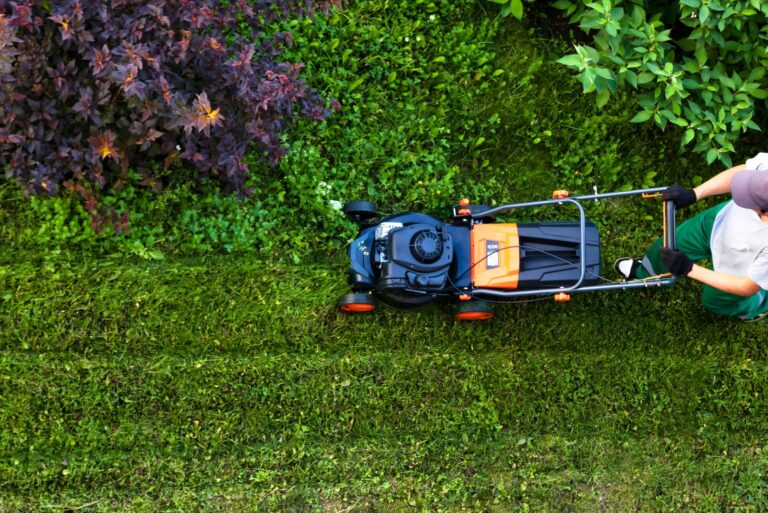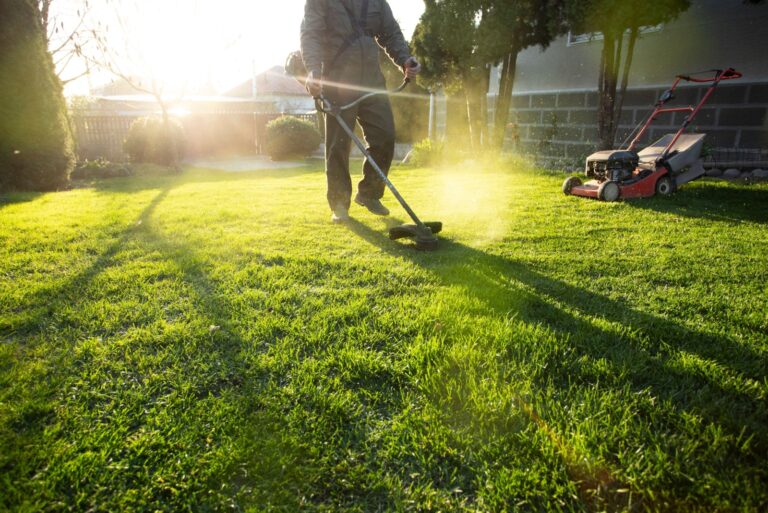9 Mistakes New Jersey Homeowners Make That Wreck Lawns In Late Summer
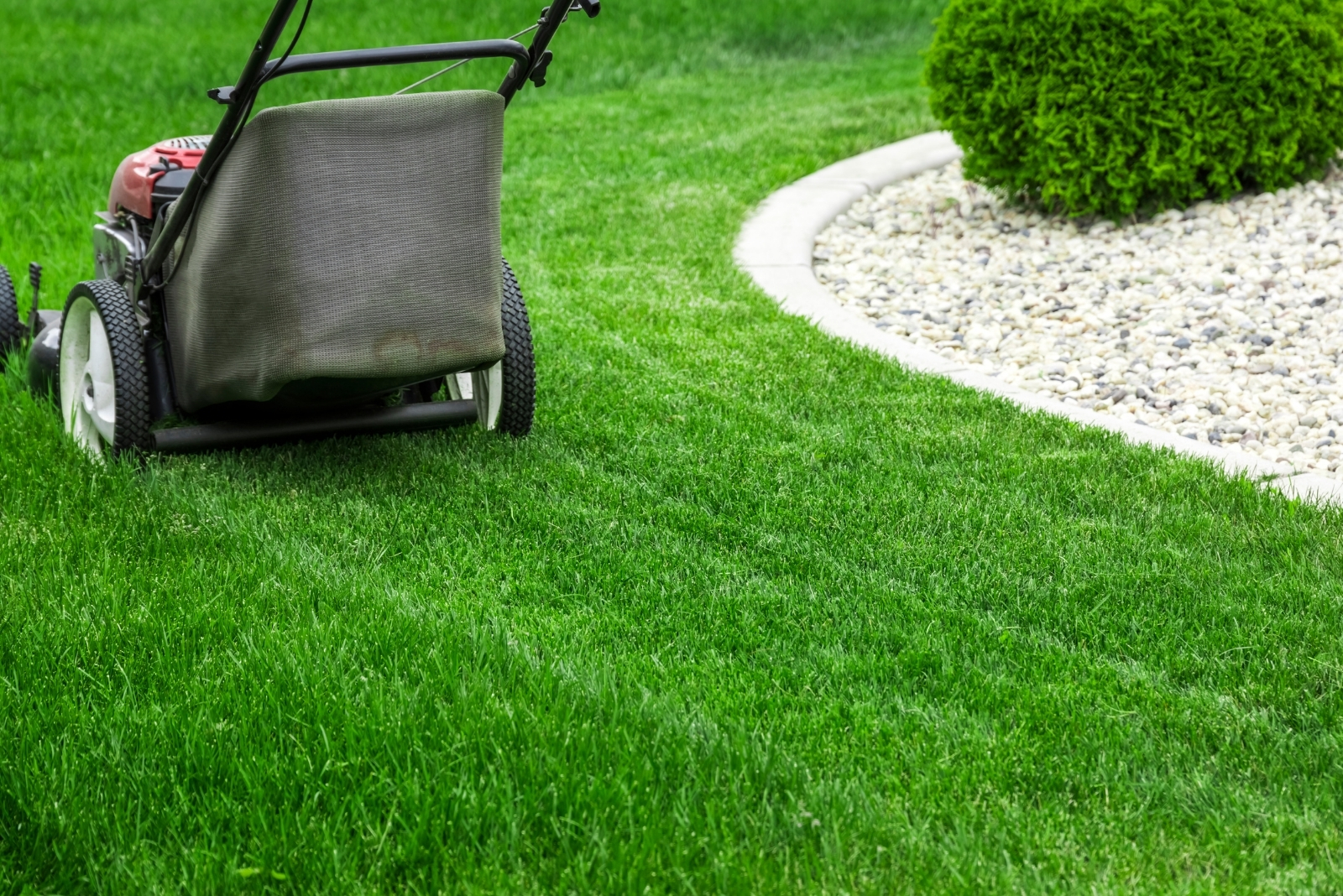
Late summer can be tough on New Jersey lawns, and even small missteps can leave your grass looking tired.
I’ve seen lawns struggle from things like overwatering, mowing too short, or skipping important care. A few simple adjustments can make a big difference in keeping your yard healthy and green.
Avoiding these common pitfalls will have your lawn thriving all season long.
1. Cutting Grass Too Short
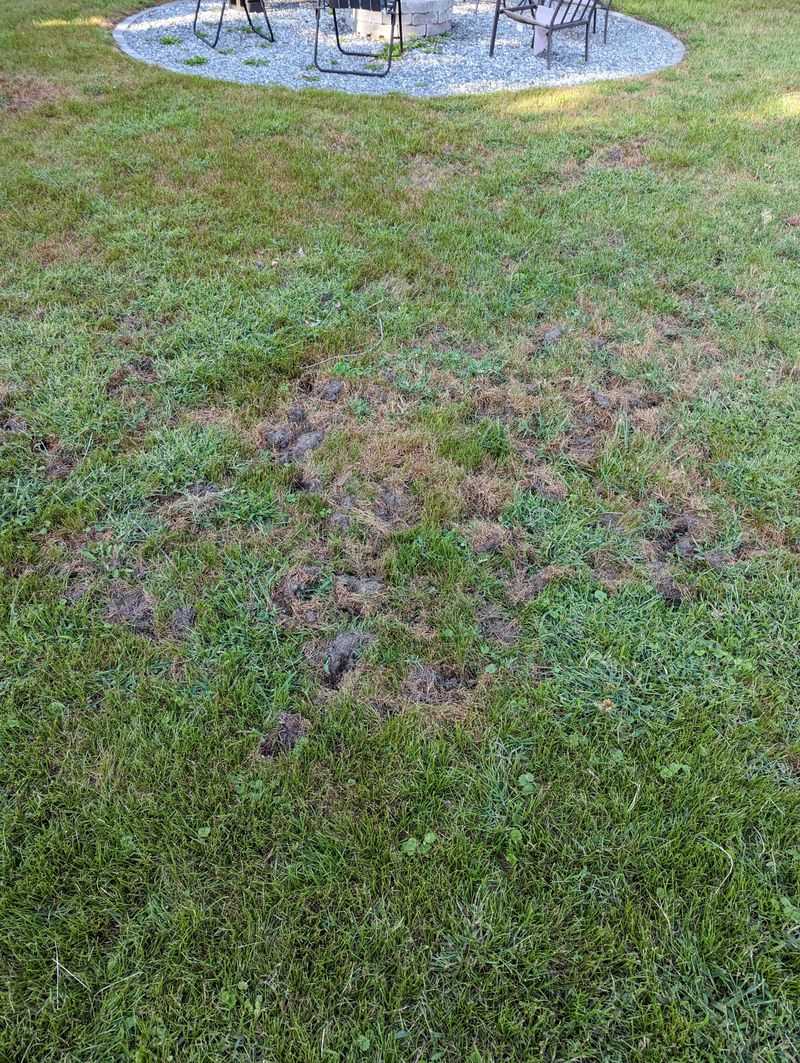
Many Garden State homeowners scalp their lawns thinking shorter cuts mean less mowing. This exposes grass roots to harsh sun and encourages weed growth.
In New Jersey’s late summer heat, keeping your grass taller (about 3-3.5 inches) provides natural shade for the soil and helps retain crucial moisture.
2. Watering at the Wrong Time
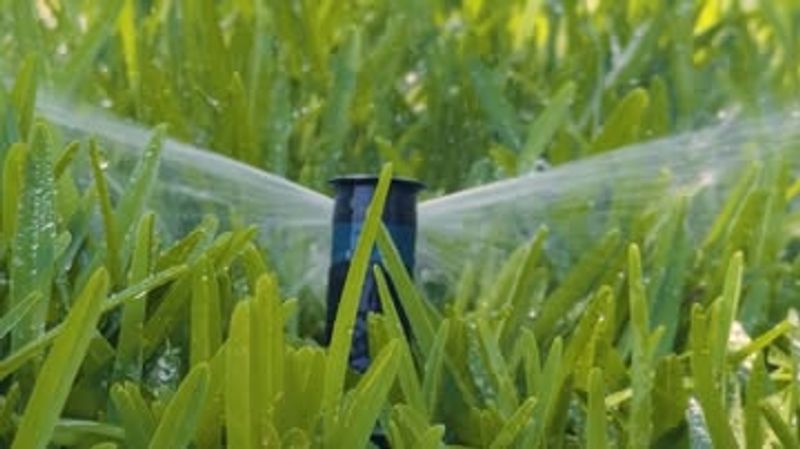
Sprinkling your lawn during midday in Jersey’s August heat is practically throwing water away. Most moisture evaporates before reaching the roots, leaving grass thirsty.
Early morning watering (before 10 AM) works best in New Jersey, allowing water to soak deeply without overnight dampness that can trigger fungal diseases.
3. Ignoring Soil Compaction
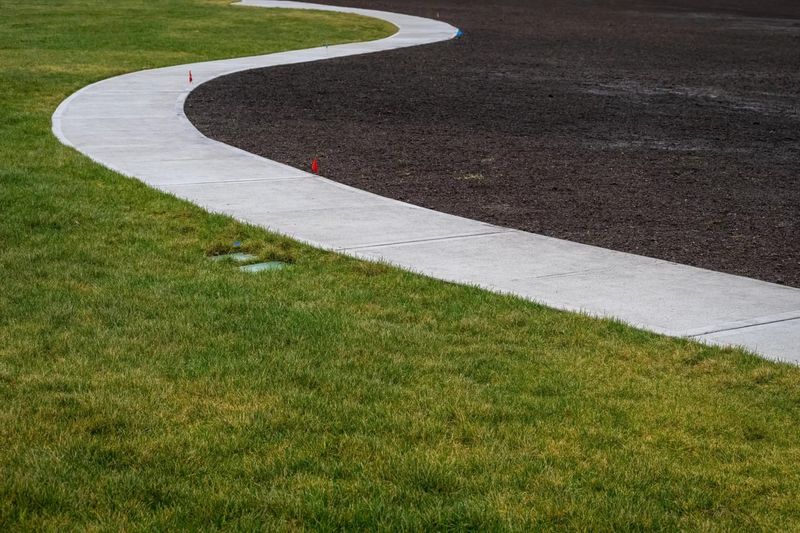
Summer parties and regular foot traffic compress New Jersey’s clay-heavy soils, suffocating grass roots. Compacted soil prevents water, nutrients, and air from reaching where they’re needed most.
Many Jersey homeowners skip aeration, but punching small holes throughout your lawn in late summer helps revitalize stressed grass before fall’s growing season begins.
4. Over-fertilizing in Desperation
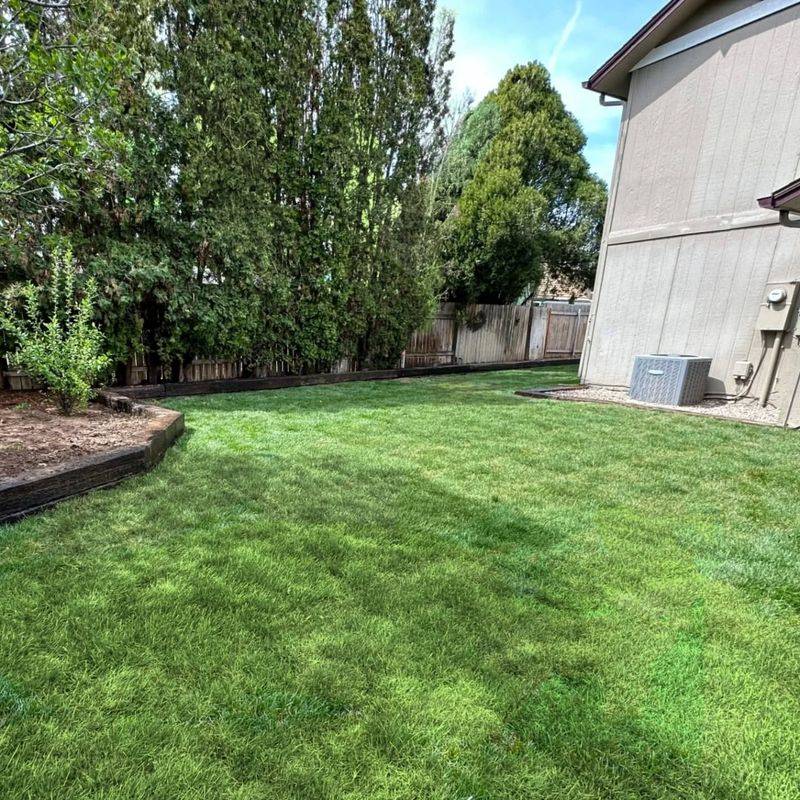
Panicking at brown patches, some New Jersey homeowners dump fertilizer on struggling lawns. This “rescue attempt” often burns grass in summer heat and creates harmful runoff.
The Garden State’s environmental regulations exist for good reason – excess nitrogen washing into waterways damages local ecosystems. Save heavy feeding for early fall when grass can actually use it.
5. Neglecting Pest Control
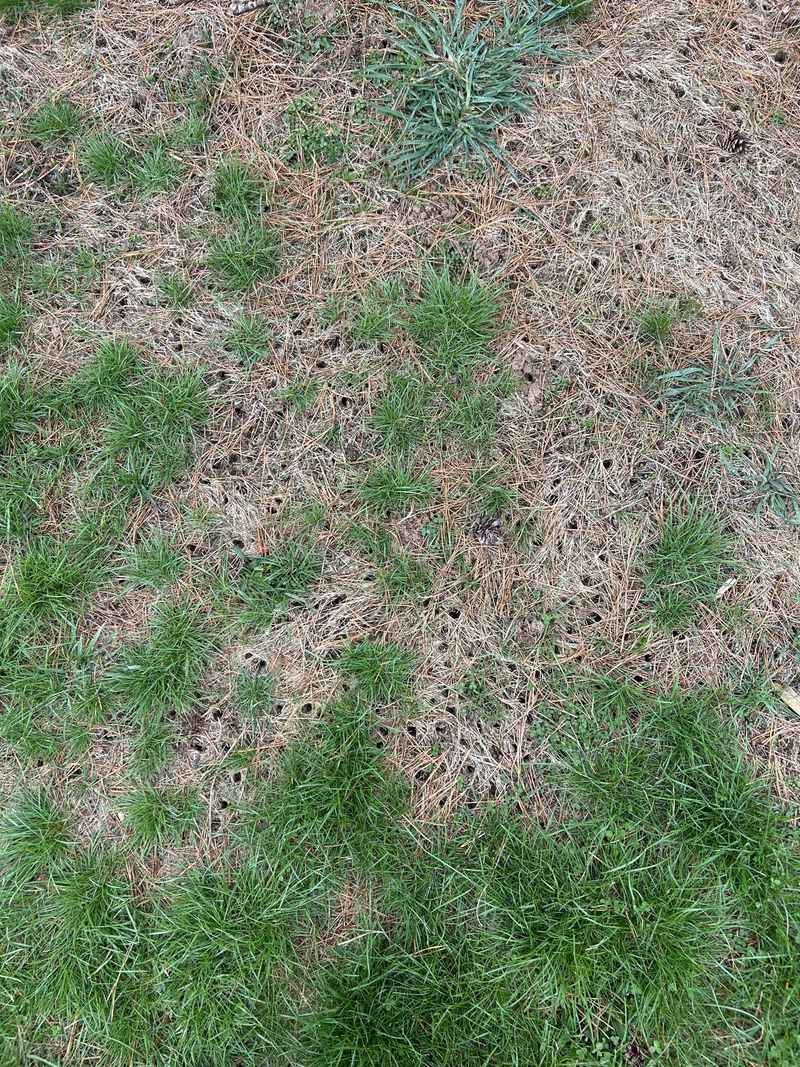
Chinch bugs and grubs thrive in New Jersey’s late summer conditions, silently destroying lawns from below. The damage often looks like drought stress, causing homeowners to water more instead of addressing the real problem.
Jersey lawns need regular inspection – pull back grass in suspicious areas to check for tiny insects or C-shaped grubs that could be feasting on your yard.
6. Sporadic Watering Habits
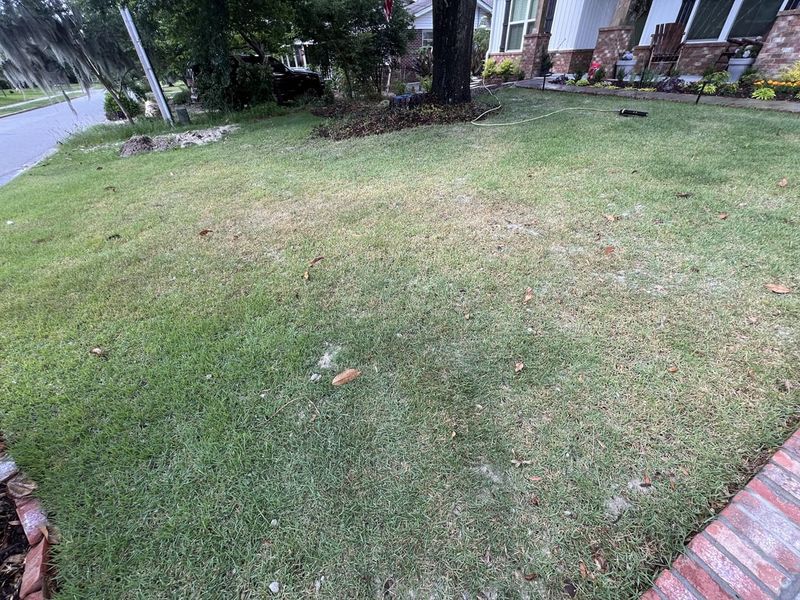
Inconsistent watering trains grass roots to stay shallow, making lawns vulnerable to New Jersey’s late summer heat waves. One deep watering followed by days of neglect causes more harm than good.
Garden State lawns need about 1-1.5 inches of water weekly, applied in fewer, deeper sessions rather than frequent light sprinklings that never reach deep roots.
7. Mowing with Dull Blades
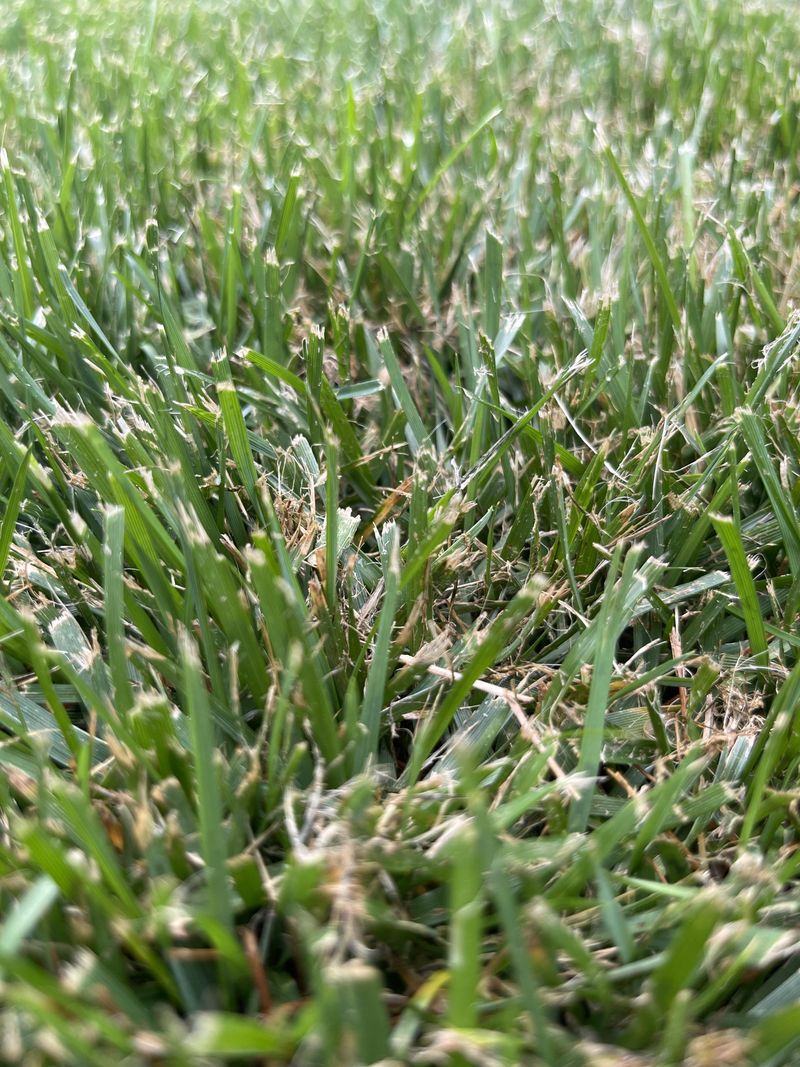
Rushing through lawn maintenance, many New Jersey homeowners neglect their mower blades. Dull blades tear grass instead of cutting cleanly, creating ragged edges that quickly turn brown and invite disease.
The Garden State’s humid summer conditions make lawns especially vulnerable to fungal problems when grass is damaged. Sharpen those blades at least twice during the growing season!
8. Ignoring Weed Invasion
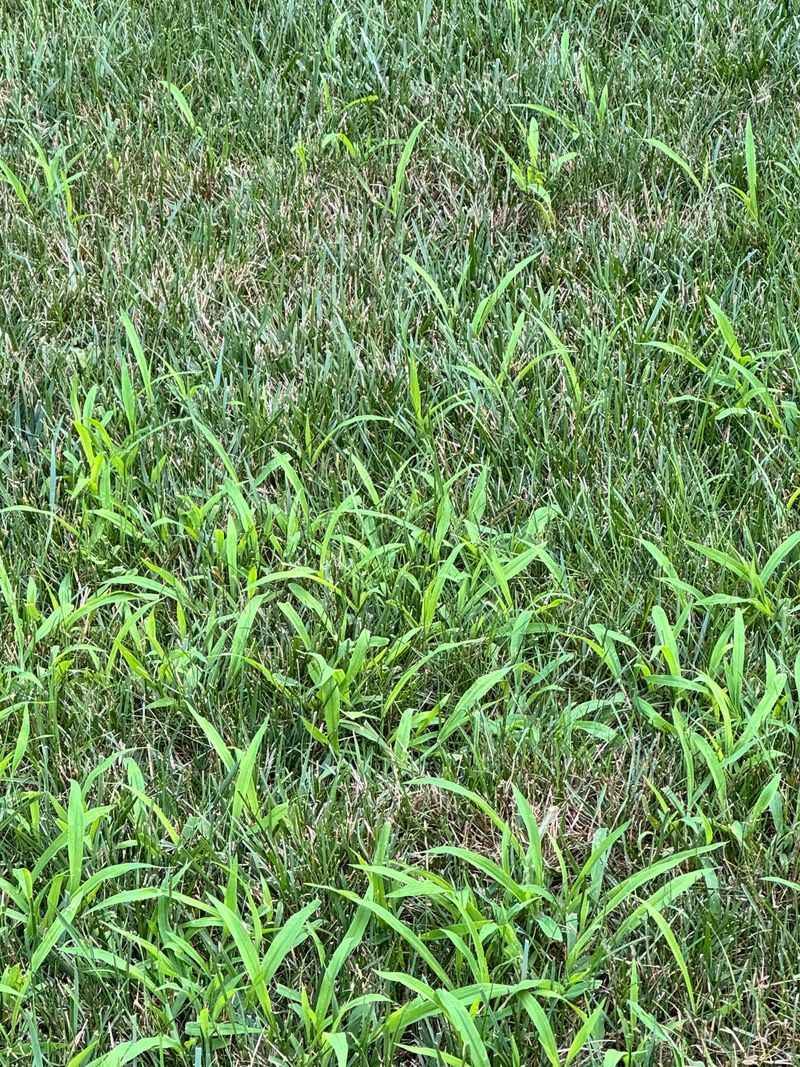
Late summer brings aggressive crabgrass and nutsedge that thrive in New Jersey’s hot conditions. Many homeowners surrender too easily, letting weeds steal water and nutrients from struggling turf grass.
The Garden State’s native grasses can’t compete without help. Spot-treating persistent weeds prevents them from setting seeds that will multiply your problems next year.
9. Overlooking Drainage Issues
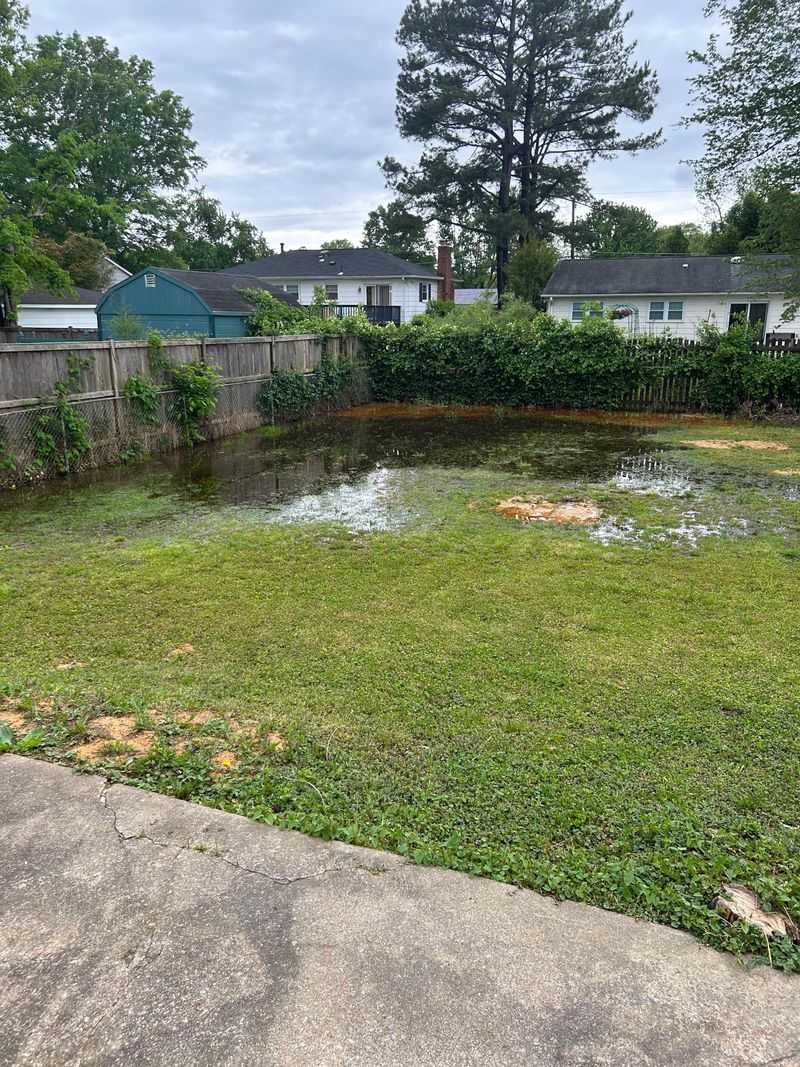
Summer thunderstorms hit New Jersey hard, creating soggy lawn areas that never quite dry out. Standing water kills grass roots and creates perfect conditions for moss and mushrooms.
Many Garden State properties have subtle grading problems that worsen over time. Adding soil to create gentle slopes away from low spots can save your lawn from drowning during late summer downpours.

